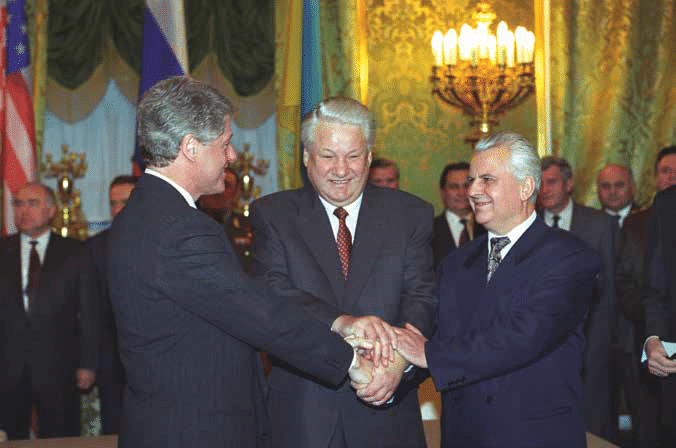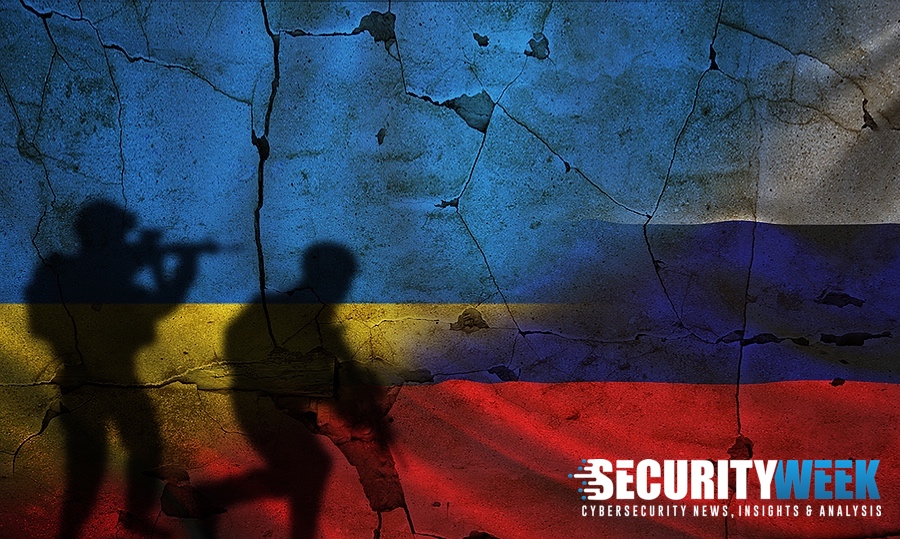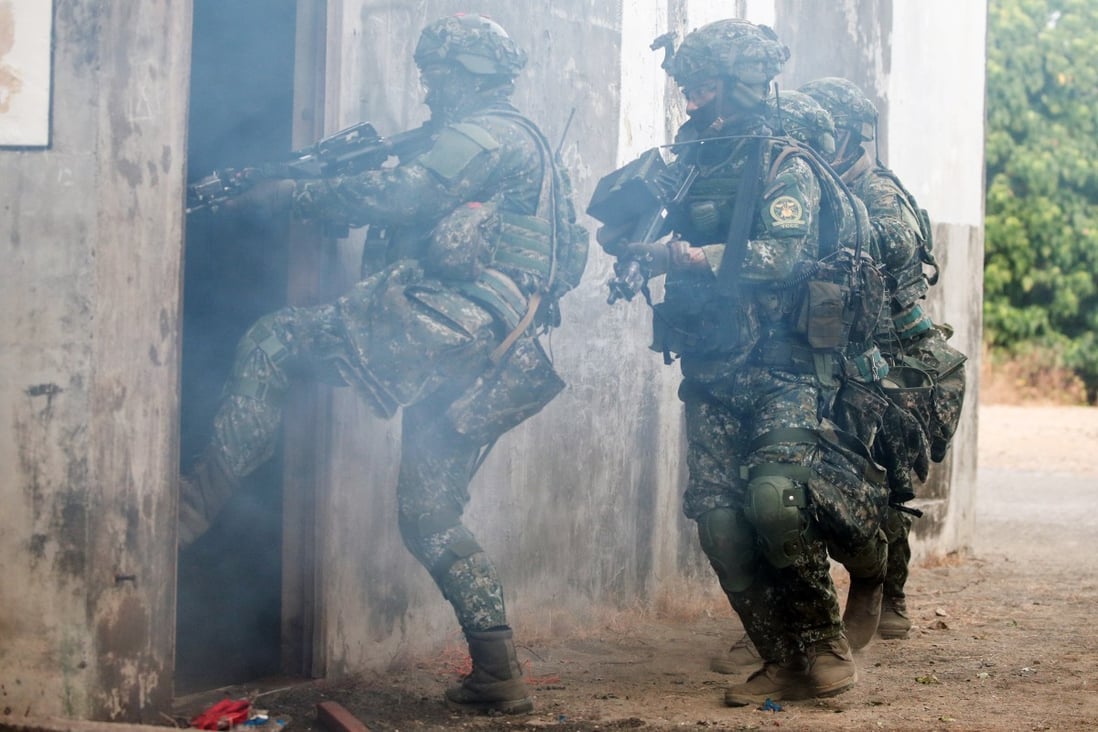Henry Sokolski
Ever since President Joe Biden first swore off fighting World War III (and creating no-fly zones over Ukraine), Washington nuclear intellectuals have enjoyed a momentary splash of relevance. Nuclear fear and loathing—i.e., nuclear mutual assured destruction and deterrence—are back. Vladimir Putin rattled his nuclear sabers. Initially, we blinked. Now, however, with Ukraine better armed and about to receive advanced missiles, the blinking is less intense.
Without quite thinking it through, Washington and Ukraine are transitioning from a war initially bounded primarily by nuclear threats to one being driven by conventional strike systems. Thus, strategic military breakouts by either side have been stymied less by dint of threatened nuclear attacks (which although frightening, are highly unlikely), than by the exchange of thousands of artillery rounds, drones, and rockets.
Both sides have used these weapons to strike armor, ships, cannon, and troops. Putin has gone further to use them to knockout Ukrainian maternity wards, children’s hospitals, nurseries, grocery stores, schools, theaters, cultural moments, and churches. He has fortified these “value” terrorizing raids with long-range strikes against Ukrainian electrical generation stations, shopping centers, factories, fuel, and food storage sites, and critical industrial and agriculture infrastructure. Russia’s aims? First, amp up international digital displays of darkness, hunger, and despair to deter Ukraine from shooting outside its borders and NATO and the United States from shooting in. Second, brutalize and grind Ukraine to force it and its friends to cave.

:quality(100)/cloudfront-us-east-1.images.arcpublishing.com/thesummit/NWF2ME77TFBG7MBSXBT3DESXCQ.jpg)





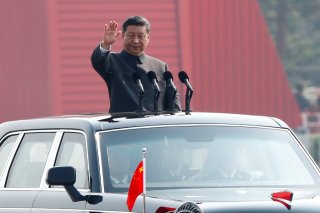



:quality(70)/cloudfront-eu-central-1.images.arcpublishing.com/thenational/DR3YIUJWALZD3IJZ6KDKLYNRMQ.jpg)
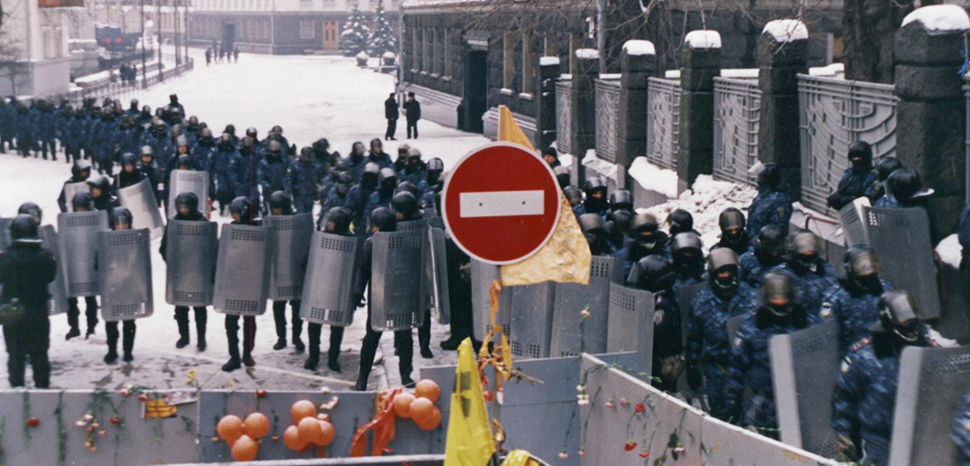

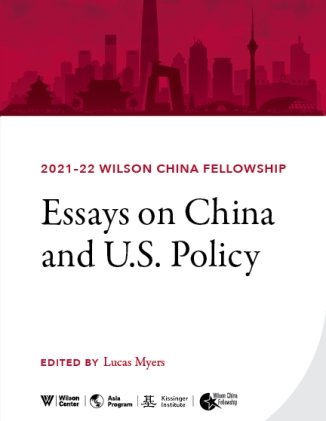
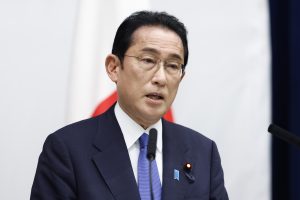
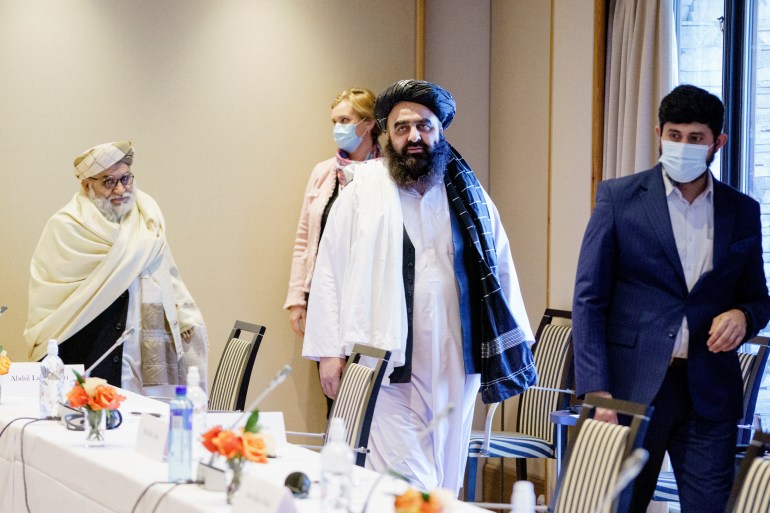 T
T
